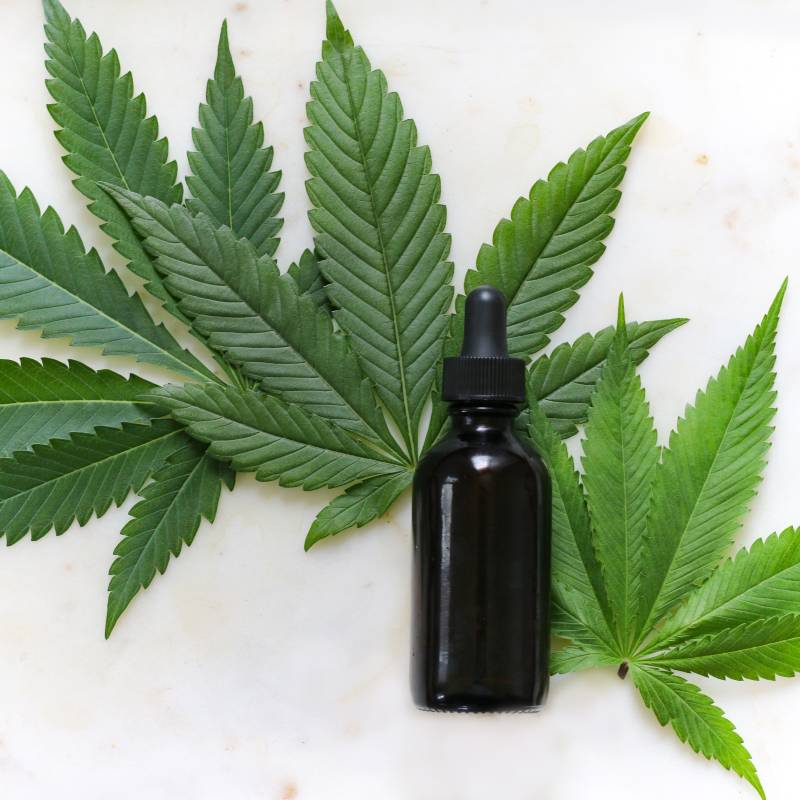
MEDICAL? CLICK HERE (360)695-3612 1924 Broadway St. Vancouver WA 98664 map info@highendmarketplace.com
ORDER AHEAD FOR IN-STORE PICKUP
NEW DEAL DAY
(TAP TO SHOP)
HIGH END UPDATES
Recieve Product Updates, Store Deals and more!
Need to Schedule a Medical Appointment?
Medical appointments are performed by a certified medical marijuana professional. Available Mon-Fri 8:30AM to 3PM by appointment and carries a cost of $10
Valid ID and Medical Marijuana Registration required prior to scheduling.
Schedule Today by Phone
(360)695-3612
UPDATES + EVENTS + NEW DROPS
Check back for frequent updates!
High End Market Place Black Friday – 11/24 To 11/27!
Prices are slashed during the High End Market Place Black Friday sale! Deals are on and will last all weekend or while supplies last. Don’t miss out on some seriously discounted items from Doghouse, Rochester, Svin and more!
Orders can be placed online for pickup in store via the menu button below for by clicking the link here: www.Highendmarketplace.com/menu


EPIC Vendor Day – 12/1/23 3PM-6PM
Are you a fan of Gorilla Glue #4? Is your day not complete until you smoke that Tres Star? Then You won’t want to miss the Epic vendor day this coming Friday 12/1 from 3PM-6PM. Use this time to meet with the producer, check out strains they offer and find what fits best for you. Patrons can also save 20% while shopping EPIC brand products during the vendor day from 3PM-6PM
What’s So EPIC?
EPIC is known for our selection of quality cannabis flower. We carry a variety of indica, sativa, and hybrid strains. Every batch is tested & inspected to maintain quality and potency standards. Available in 1 gram, 3.5 gram, 7 gram, 14 gram and 28 gram pre-packaged sizes, weighed by hand on state certified scales in house to ensure accuracy.
EPIC Cannabis is a licensed I-502 compliant cannabis cultivator and processor established in 2016. We are a Tier III indoor facility located in Vancouver, WA just across the Columbia River from Portland. We produce quality cannabis products including our premium flower, concentrates, full-flower pre-rolls and more.
Our mission is to showcase the talent in our facility to be able to collaborate years of cannabis experience and passion into what we do every day. As discerning consumers ourselves our product is a direct reflection of the hard work that it takes to cultivate quality cannabis.

Be sure to stop by during the Epic Cannabis Vendor Day times to take advantage of special pricing!
To place an online order visit out menu here or by using the button below.
For more info or product details head over to Epic’s Website
YOUR PREFERRED MARIJUANA DISPENSARY
At HEMP we proudly serve both recreational and medical customers. In 2016, High End Market Place was the first cannabis dispensary to be licensed under the new WA State Department of Health medical marijuana program. Since then, we have registered thousands of patients, and have given them access to the highest quality, most ethically sourced cannabis products in the market. Our store is truly Vancouver’s one stop for the best Cannabis Dispensary.


